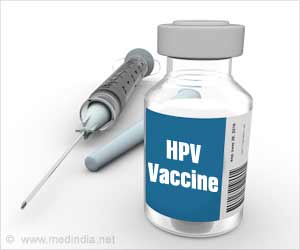A man’s education plays an important role in his partner's reproductive and maternal health.

‘Women whose partners had an above-secondary level of education were 32% more likely to use contraceptives, 43% more likely to attend antenatal care visits, and 55% more likely to deliver their baby with a health professional.’





"My hypothesis going into this study was that many men play an important role in their partner’s reproductive and maternal heath," said lead author and UdeM adjunct professor Vissého Adjiwanou, an immigrant from Togo who spends half his academic year at UdeM and the other half at the Centre for Actuarial Research (CARe), at the University of Cape Town, South Africa. "What surprised me was that to have a major effect, the men must actually be better-educated: high school or higher." By contrast, it matters less whether a woman is less educated. Even if she has only gone to primary school, she will still take care of her body before and during pregnancy, although to a somewhat lesser degree.
"Overall, women whose partners had an above-secondary level of education were 32 per cent more likely to use modern contraceptives, 43 per cent more likely to attend at least four antenatal care visits, and 55 per cent more likely to deliver their most recent baby with a health professional, compared to women whose partner had no education," Adjiwanou shows.
If men added just one more year to their schooling, even those whose partners have little schooling will be more likely to use contraception, more likely to get check-ups before giving birth, and more likely to give birth in a clinic or hospital staffed by professionals, according to the study.
Along with Adjiwanou, the research paper was co-authored by demographers Moussa Bougma of Université Ouaga I Pr Joseph Ki-Zerbo, in Burkina Faso, and UdeM’s Thomas LeGrand, recently appointed head of the International Union for the Scientific Study of Population.
Advertisement
Added Adjiwanou: "In general, it’s a plea for more research on the role of men in women’s health."
Advertisement
Among the other findings:
• On average, only one woman out of four uses any modern method of contraception, ranging from 3 per cent of women in Guinea to 61 per cent in Zimbabwe.
• Overall, women with a high-school education are 83 per cent more likely to use modern contraceptives, 61 per cent more likely to have antenatal-care visits, and 2.3 times more likely to give birth with a skilled attendant.
• When both the man and the woman are better-educated, it doesn’t necessarily mean they’ll increase their use to birth control. Many tend to be older when they start to have kids and hence don’t use contraceptives.
Source-Eurekalert










